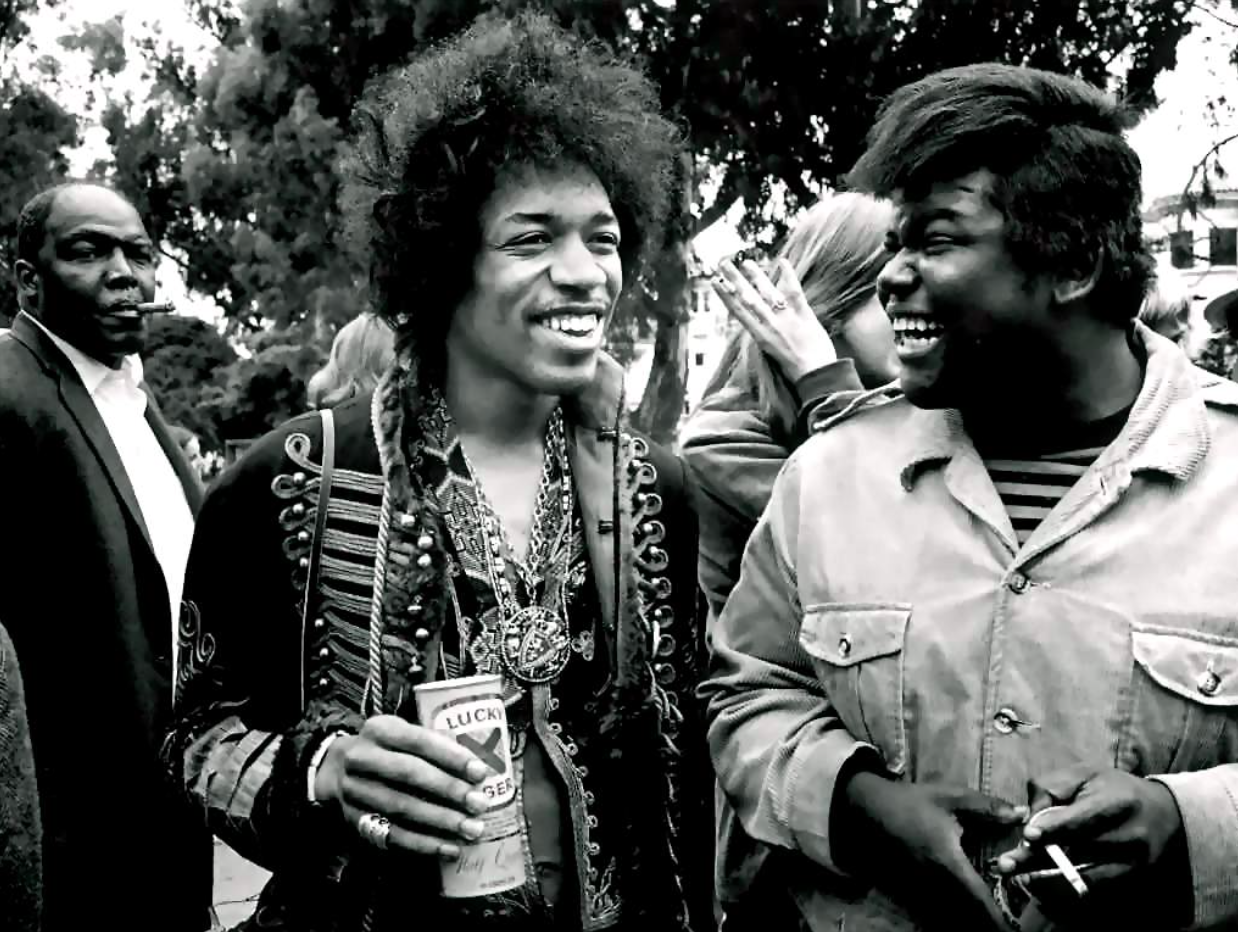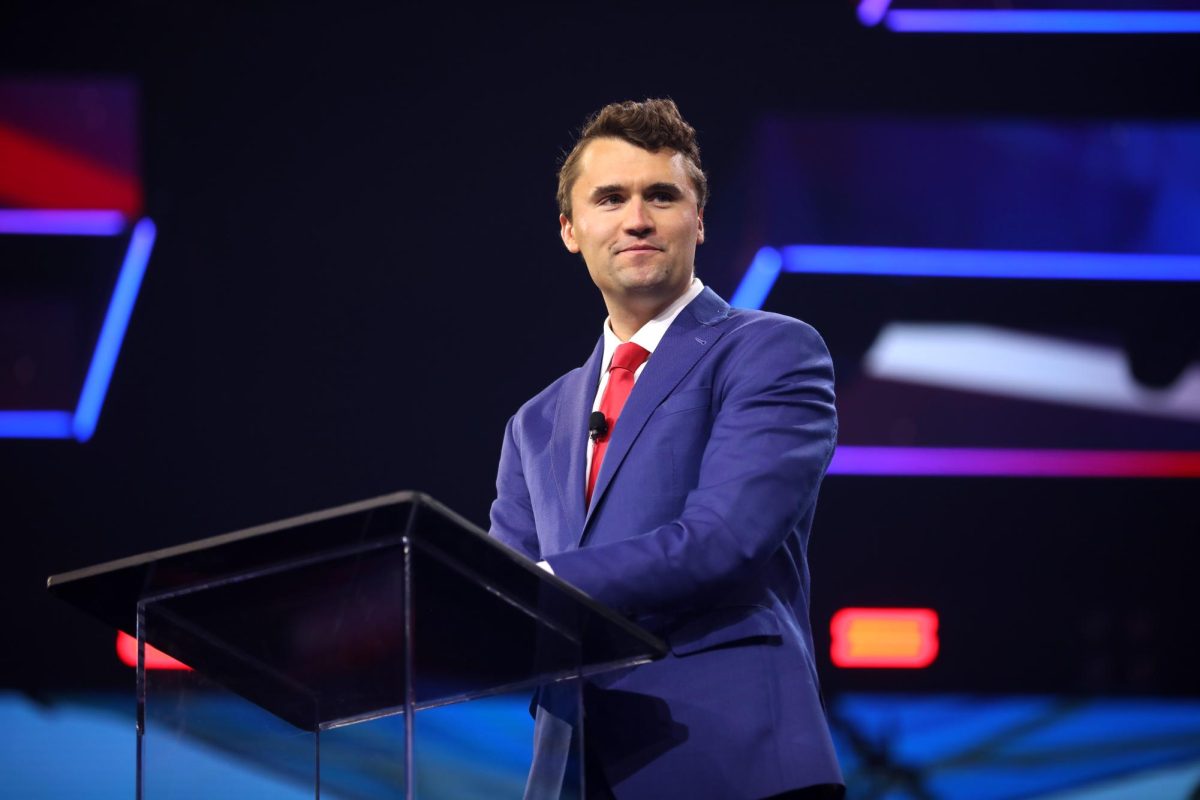One special music festival that stands out to me when reminiscing upon the greatest musical era of all time is Woodstock ‘69. The biggest names in the industry played this festival – with unmatched passion.
Some include Santana, Grateful Dead, Creedence Clearwater Revival, Janis Joplin, The Who, Jimi Hendrix, and more.
Woodstock embodies the essence of what music should be. The goal of this festival was to promote unity and peace, utilizing the best music in the world to broadcast this moral ideal.
When I consider some of the major music events today, a few that come to mind include Lollapalooza, Burning Man, Coachella and Summerfest. While these festivals can be enjoyable, there are some aspects that are disliked.
Here is how some fellow LFHS students described these festivals:
- Drunk
- Overwhelming
- Chaotic
- Drug-littered
- Sketchy
- Stressful
- Sweaty
- Expensive
Not only has the quality of concerts and festivals declined, but the music itself has also taken a plummet in caliber. Much of it feels superficial, gimmicky, formulaic, repetitive and inappreciable.
A 2012 study conducted by the Spanish National Music Council used AI to analyze 500,000 samples and found that harmonic complexity has consistently decreased after peaking in the ’60s. Music has lost its richness and passion.
Autotune, released in 1997 by Antares Audio Technologies, is an app that has become a standard tool in recording studios around the world.
Today’s artists do not need to develop their vocal abilities to match the historic vocal wonders we treasure such as Sinatra, Bob Dylan, Steven Tyler, Whitney Houston, John Lennon, Elvis, Freddie Mercury, Bob Marley, Snoop Dogg, Arethra Franklin, Axl Rose, Etta James, and others.
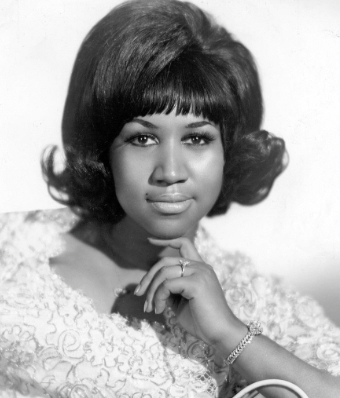
In modern music, vocal impurities can simply be electronically buffed out and it’s noticeable. You can tell when a voice is genuine and the lack of authenticity can be disappointing.
Our favorite songs are those that stick out to us – bold and memorable. Artists today seem to publish albums under an umbrella of safety. To create generational music, you have to take risks.
Music fans take pride in their tastes, but that can be challenging to do nowadays. Pop radio is currently filled with pouty heartbreaks, shallow lyrics, and trend-chasing babble. The call for adventurousness isn’t confined to any single genre. There should be a striking moment in every song, something iconic.
When I think of iconic, I think of ’80s rock symbol, Mötley Crue’s electric intro to their number one hit, “Kickstart My Heart.” The explosive E note that rings out at the beginning is head-turning. Every true music junkie recognizes that note.
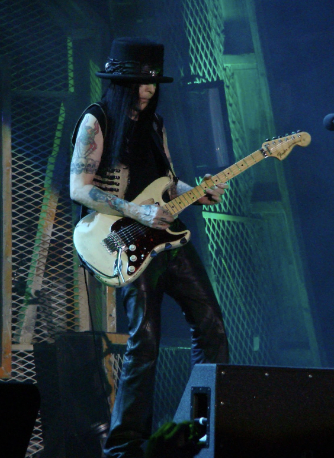
Will music that is being published now be considered iconic in 30 years? Probably. 100 years? I would venture to say very few will be remembered.
Songs from the ’60s, going on 65 years now, are played and enjoyed everyday.
To say that all music today sucks would be a great mistake. That claim is far from mine.
There is undeniable generational talent emerging from the 2000s including artists like Lady Gaga, Rihanna, Eminem, Coldplay, Beyoncé, 50 Cent, Taylor Swift, Keith Urban, Kanye West, and others.
For instance, Coldplay delivers a fantastic show. Their shows are consistently sold out and it’s easy to see why. Their immaculate light shows and passionate performances attract crowds from around the globe.
This week, a British news headline from Somerset Live read: “Coldplay UK Tour 2025: Fans Rage as Ticketmaster Presale is ‘like Oasis all over again.’”
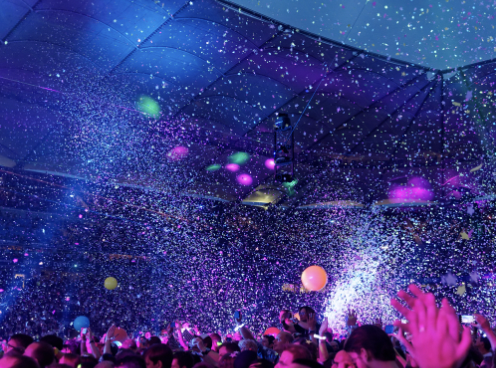
For those unfamiliar, Oasis is a highly recognized and beloved grunge rock band from the ’90s, one of the most successful and influential bands of the time. Seeing a 2000s band compared to one of the most treasured groups of all time is a fantastic sign.
I believe we are witnessing the beginning of an industry rejuvenation.


